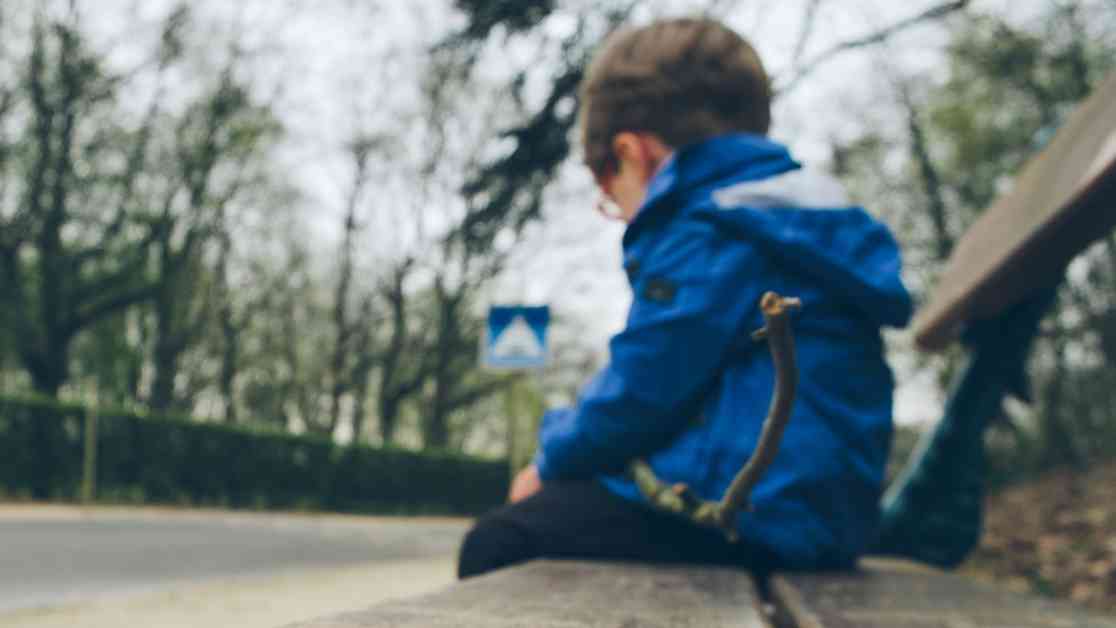Some vulnerable children in England have been housed in “highly unsuitable” accommodation according to a report by Dame Rachel de Souza, England’s children’s commissioner. This housing failure includes instances where children under deprivation of liberty orders (DoLs) were not placed in appropriate homes as required by government guidance. Instead, children were housed in places like caravans and Airbnbs, which are not suitable for children requiring high levels of care and supervision.
Dame Rachel highlighted the case of a teenage girl who suffered domestic abuse and was initially placed in a caravan for supervised crisis placement. She was later moved to a children’s home 120 miles away from her grandparent’s home, causing further distress and instability. Another case mentioned in the report was that of an autistic teenager who was placed in an Airbnb under supervision for nine months, after pressure to be discharged from the hospital despite not meeting the criteria to be held under the Mental Health Act.
While most children under deprivation of liberty orders are in appropriate care settings, the commissioner emphasized that many children are living in highly unsuitable places, leading to feelings of unsafety and neglect. These conditions can worsen the trauma experienced by these vulnerable children. Dame Rachel stressed the significance of depriving a child of their liberty and expressed concern over the lack of appropriate care and supervision for these children.
The report recommended that fewer children should be subject to deprivation of liberty orders, and those who are should never be placed in illegal children’s homes. It also called for changes in the law to allow children to have a say in decisions affecting their lives. Education Secretary Bridget Phillipson acknowledged the heartbreaking experiences faced by children deprived of their liberty and pledged to develop new community-based provisions to meet their needs and improve their life chances. The reforms aim to prevent care providers from profiteering off vulnerable children, address unregistered placements, and prioritize early interventions to help children thrive and succeed.

